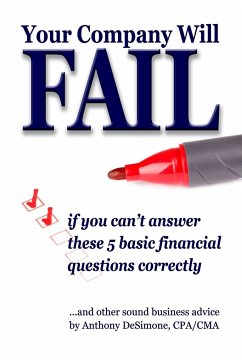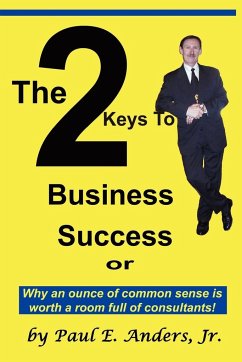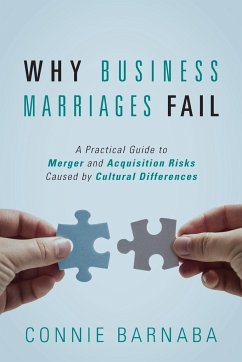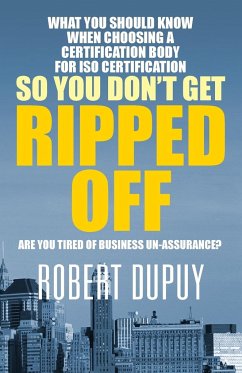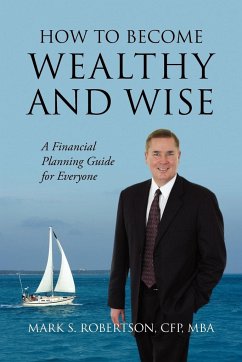
Build Your Company for Success
Versandkostenfrei!
Versandfertig in 1-2 Wochen
15,99 €
inkl. MwSt.

PAYBACK Punkte
8 °P sammeln!
Build Your Company for Success is especially written for new company owners who want to begin with strong management, who want to invest their time in the most profitable ways. One of the highest goals of the author is to help avoid early errors by becoming focused on steps that will lead to success. High on that list are ways to build cash profits. Special attention is given to maximizing working capital, that is, cash with which to operate, safeguarding cash and building cash reserves. The word Equity is explained to more clearly understand the importance of owning the right share of the com...
Build Your Company for Success is especially written for new company owners who want to begin with strong management, who want to invest their time in the most profitable ways. One of the highest goals of the author is to help avoid early errors by becoming focused on steps that will lead to success. High on that list are ways to build cash profits. Special attention is given to maximizing working capital, that is, cash with which to operate, safeguarding cash and building cash reserves. The word Equity is explained to more clearly understand the importance of owning the right share of the company when multiple ownership is involved. Unique to this book are five real life, amazing stories about new companies with million dollar potential that did not succeed. A few valued steps are explained that could have changed failures into major success. This book will help you to jump far ahead of most companies by applying the steps explained. It is a gold mine for those who want a strong start as new company owners. Reading the easy-to-understand information can literally help to avoid problems and lead to the success desired.



